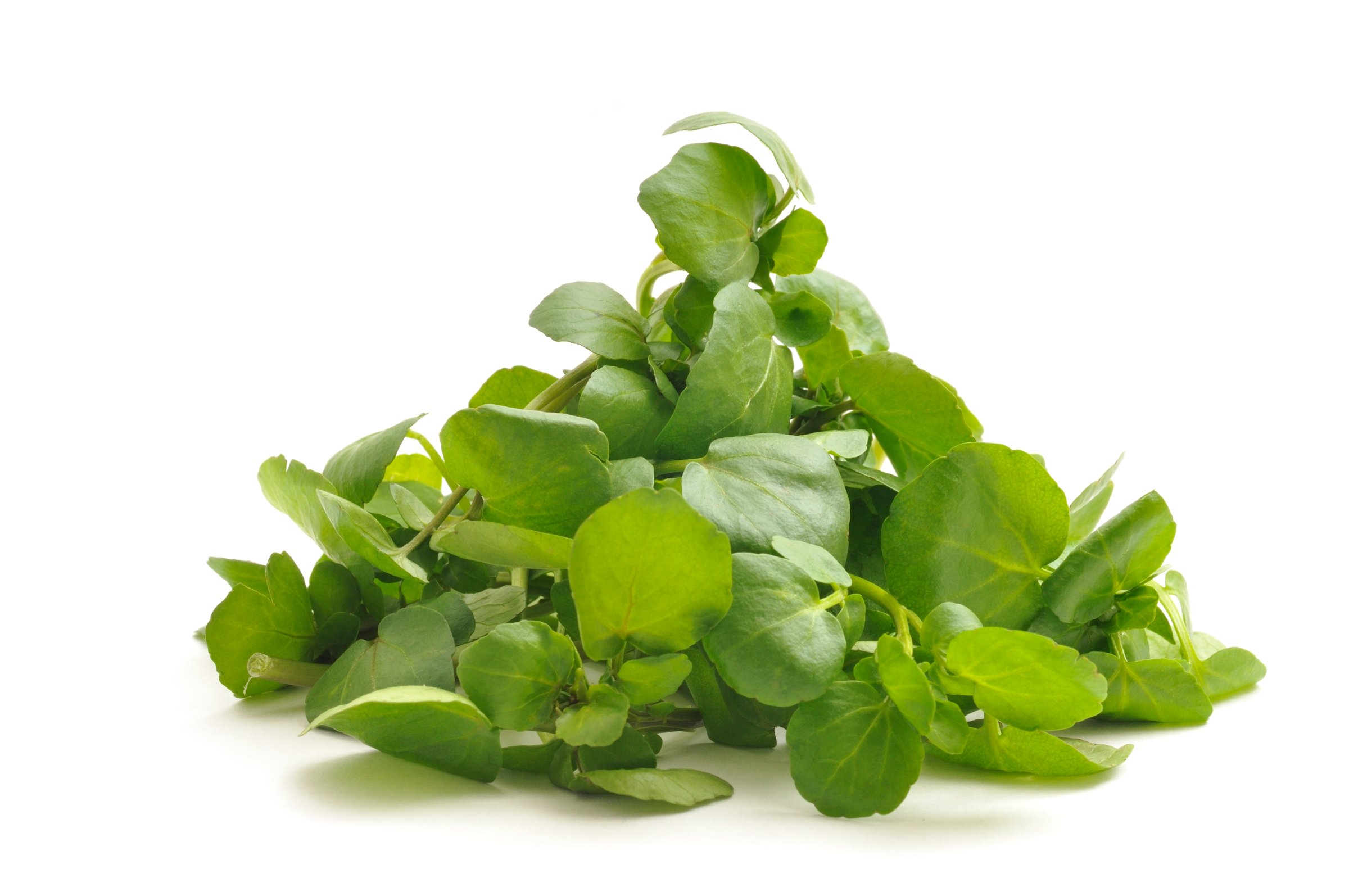
Jennifer Di Noia, associate professor of sociology at William Paterson University, did the work for us and reported her results in the Centers for Disease Control’s Preventing Chronic Disease. We’re told to add powerhouse fruits and vegetables to our diet, but we don’t have much guidance on which ones are really potent and which are coasting by on their color alone. Nutritionists point us toward anything dark green and leafy, for example, but it turns out that they can vary by as much as 70 points on how many nutrients they contain.
Di Noia focused on 17 nutrients considered by the food experts at the United Nations and the Institute of Medicine to be important to good health and to lowering risk of heart disease and cancer: potassium, fiber, protein, calcium, iron, thiamin, riboflavin, niacin, folate, zinc, and vitamins A, B6, B12, C, D, E, and K.
She then combed the scientific literature to calculate how many nutrients they contained per calorie of energy they provided (based on a 2,000-calorie-per-day diet); the higher the value, the more of a powerhouse food it was. “It gives people a way of thinking how to maximize the nutrients per calorie,” she says.
She admits that the list doesn’t include all the phytochemicals, or compounds that could add to a food’s nutritional profile but, she says, “now that we have a list of foods it can help consumers know what are the powerhouse fruits and vegetables, and maybe choose the more nutrient-dense foods over less nutrient dense ones.”
Here’s the list. And since this list is all fruits and veggies, it stands to remind you that you can’t really go wrong with anything listed here. That said: Who knew watercress was such a power-veggie?
Item Nutrient Density Score
More Must-Reads from TIME
- How Donald Trump Won
- The Best Inventions of 2024
- Why Sleep Is the Key to Living Longer
- Robert Zemeckis Just Wants to Move You
- How to Break 8 Toxic Communication Habits
- Nicola Coughlan Bet on Herself—And Won
- Why Vinegar Is So Good for You
- Meet TIME's Newest Class of Next Generation Leaders
Contact us at letters@time.com